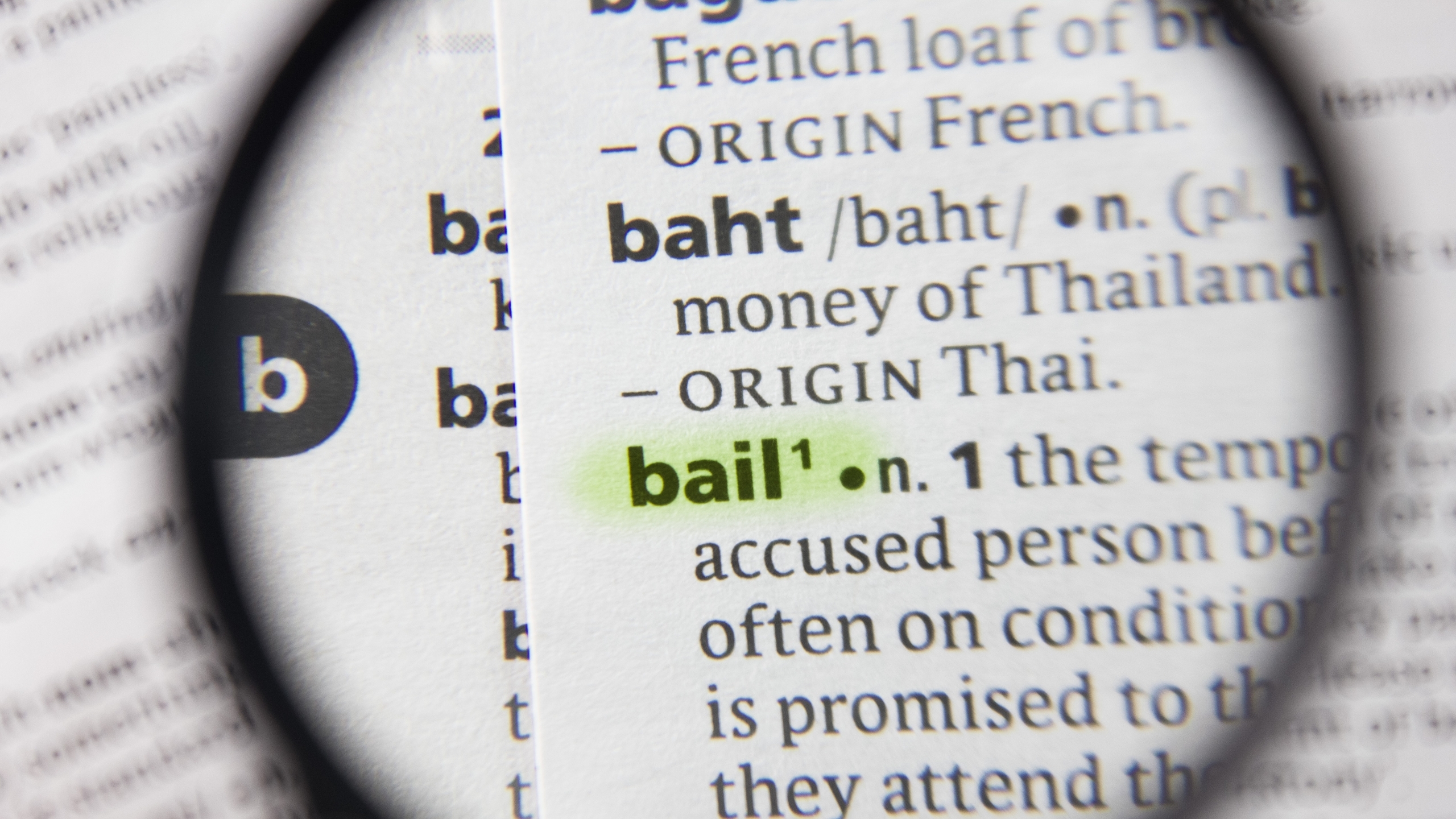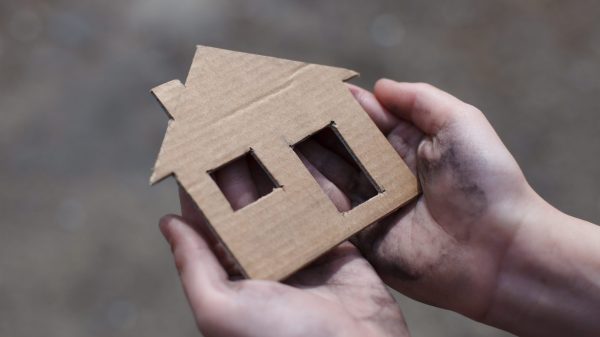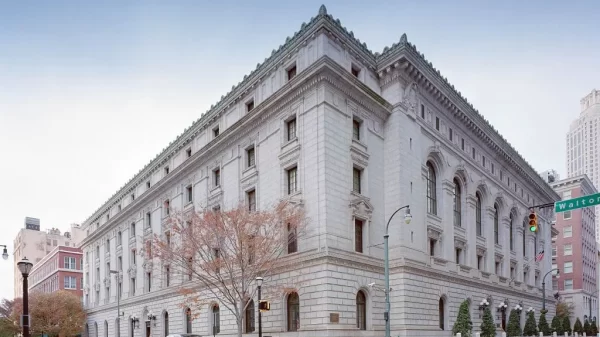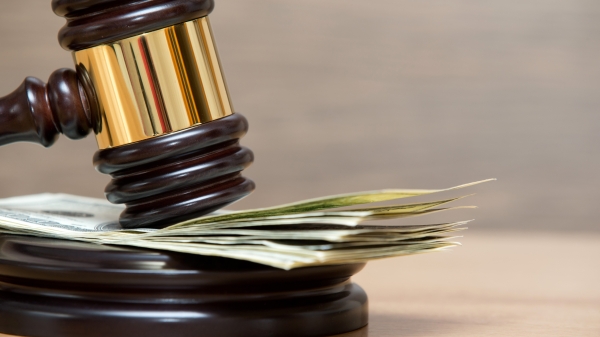|
Getting your Trinity Audio player ready...
|
Last Monday, the U.S. Supreme Court declined to hear a court case concerning the constitutionality of whether states can make indigent defendants pay schedule-based cash bail prior to being released pre-trial from jail.
The case in question, Hester v. Gentry was first brought by Bradley Hester back in 2018. The defense included Sheriff Matthew Gentry and several officials from Cullman County, Alabama. Hester was held pre-trial in jail due to not being able to afford a $1,000 bail after being charged with possession of drug paraphernalia in 2017 in Cullman County.
Hester and his lawyers initially brought the case before a lower court claiming the bail schedule in Cullman County violated the 14th Amendment rights of due process and equal protection to indigent or poor defendants. The United States District Court for the Northern District of Alabama heard the case first with Hester receiving help from several organizations including the Civil Rights Corps, Alabama ACLU and the Southern Poverty Law Center.
In September 2018, the district court ruled in Hester’s favor and issued an injunction to stop Cullman County from instituting cash bail on defendants who could not afford it.
The defense would appeal this decision and it would be overturned by the U.S. Court of Appeals for the 11th Circuit located in Atlanta. In July 2022, the 11th Circuit ruled in the case that Cullman County’s bail system was constitutional. Hester’s counsel then sought a writ of certiorari with the U.S. Supreme Court that was eventually denied.
On April 3, 2023, the American Bar Association filed an amicus curiae brief in favor of Hester’s writ of certiorari to the Supreme Court, arguing that Cullman County’s bail system represented “overt discrimination” on the basis of wealth.
Jeff Clayton, executive director of the American Bail Association, praised the decision by the Supreme Court to deny hearing the case.
“This is a definitive victory for the constitutional right to monetary bail by sufficient sureties,” Clayton said. “It is the second and, perhaps, final time the Supreme Court has rejected the theory put forth by activists that there is a ‘right to an affordable bail.’ It has also rejected the premise that a municipality, in the operation of their system of pretrial release, may not impose cash bail and employ a schedule of bails. This applies whether it is limited to misdemeanors, as in this case, or felony offenses, as well.”
APR spoke to the deputy director of litigation for the Civil Rights Corps, Katherine Hubbard. Hubbard said that case was important because people should not be detained pre-trial because they can’t pay their bail.
“Obviously, we are disappointed that the Supreme Court decided not to grant our petition but the case is not over and we’ll be continuing in the district Court,” Hubbard said. “There are a lot of important questions that remain undecided, including whether individuals who are arrested have a right to counsel at bail hearings. And while the district court’s preliminary injunction has now been reversed, we’re heartened to know that in over four years that it was in place thousands of people went home to their families who would otherwise have languished in jail simply because they were too poor to pay bail.”
Many opponents to the idea of allowing people out of jail pre-trial is that it will increase crime or allow people to re-offend. However, Hubbard said there is evidence that contradicts that notion and actually shows that cash bail increases crime because it destabilizes families who are already poor and has no impact on whether individuals show up to court.
Data from the Prison Policy Initiative shows that over 400,000 people are currently held pre-trial across the country with 43 percent of the population being Black and the annual national cost of pre-trial detention totaling $13.6 billion.





















































